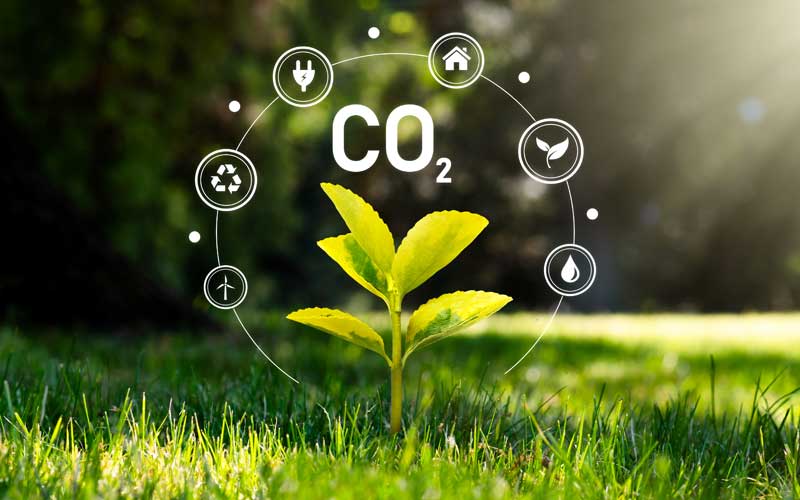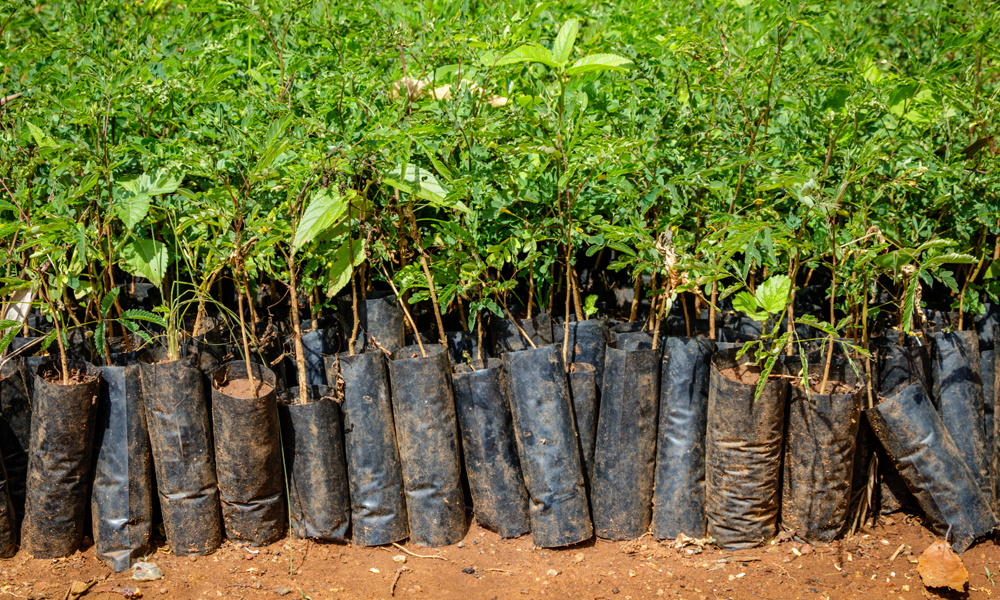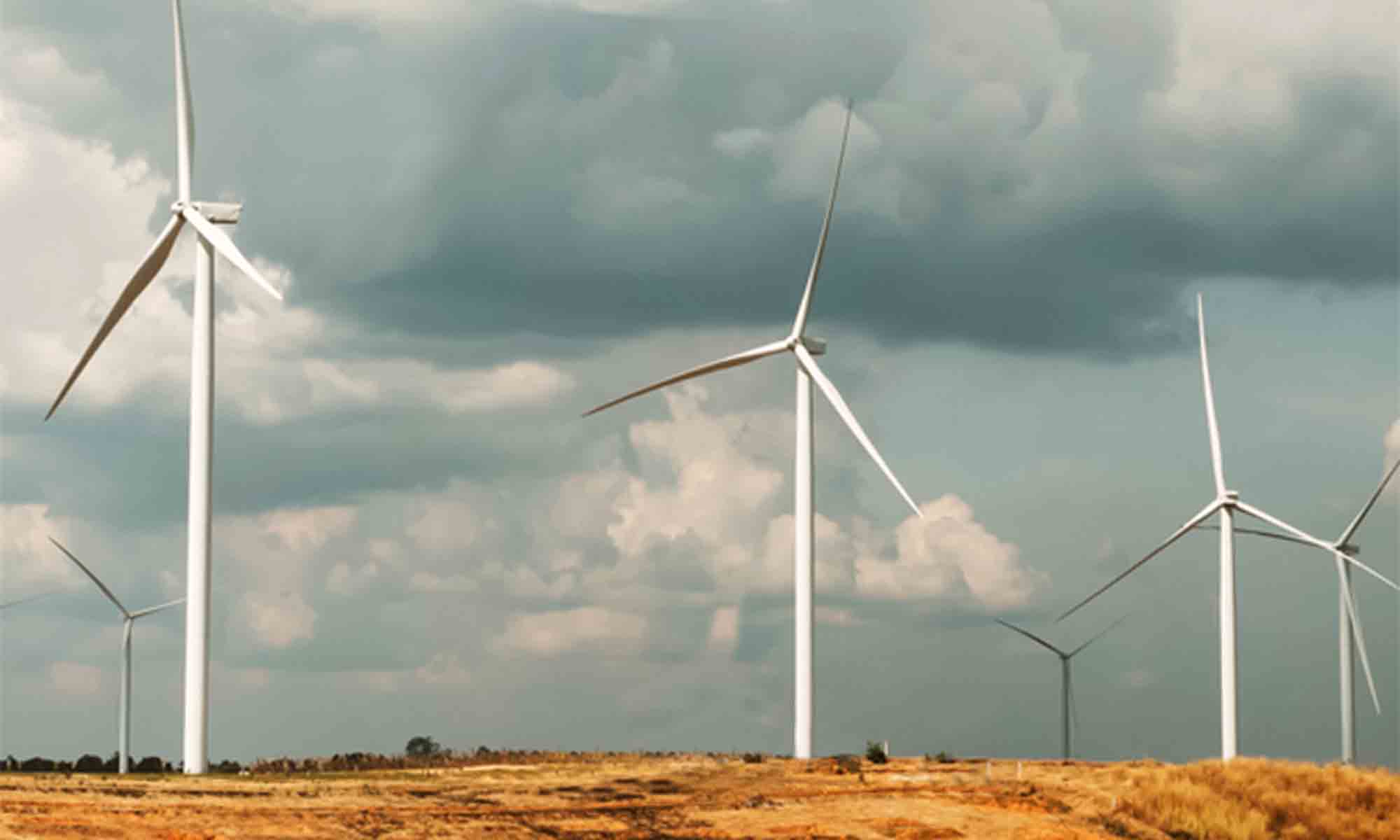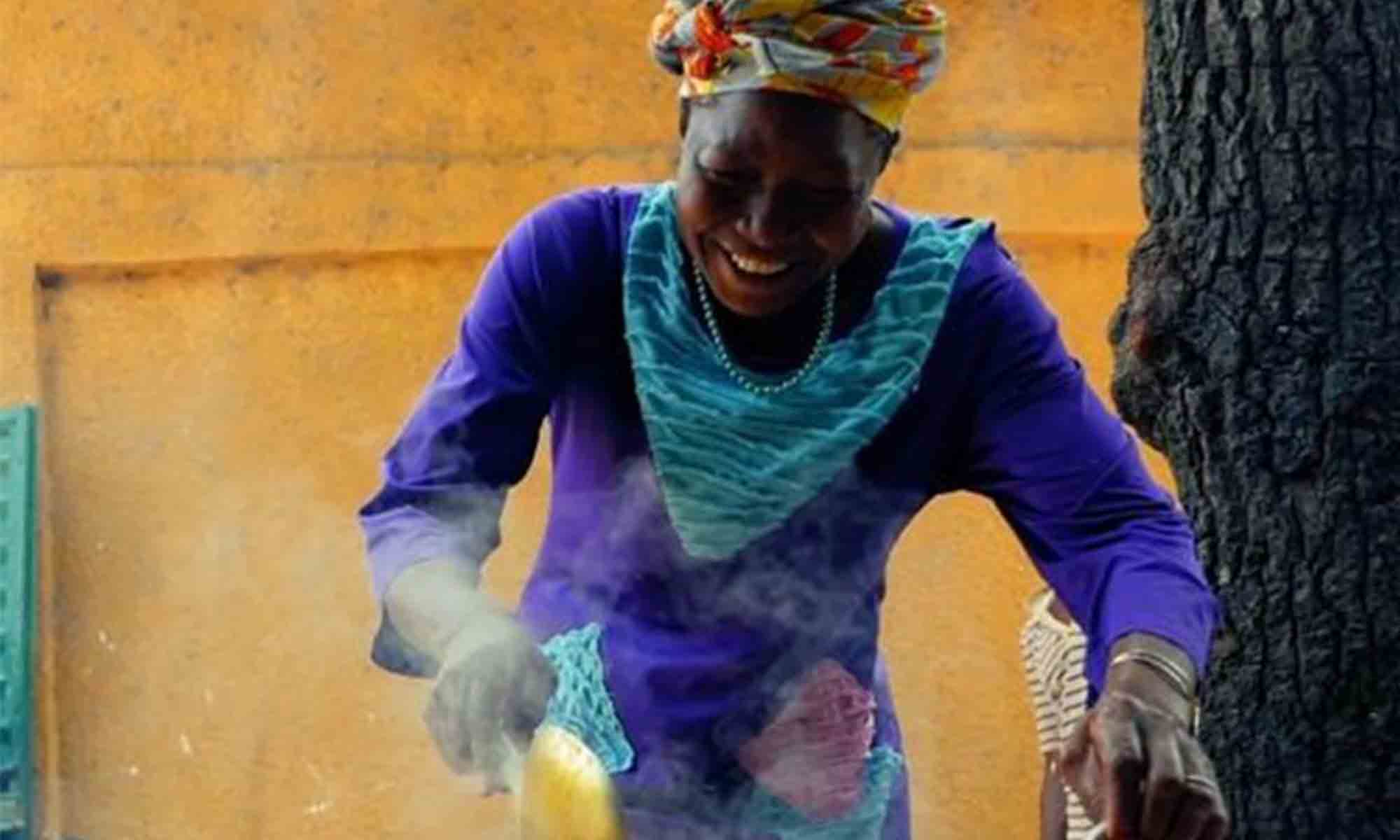
Carbon Offsetting
Working with Positive Planet to reduce our carbon footprint
As an aviation service provider, we are acutely aware that our industry contributes to the environmental impact of air travel. We recognise that although aviation plays a significant role in our economy and despite the great benefits gained from air travel, environmental issues urgently need solutions and immediate action.
Despite the significant and continued breakthroughs in engineering and aircraft efficiency, aviation lacks the technology to operate entirely ‘green’ when viewing it in isolation. However, aviation isn’t isolated – it powers global trade, investment and innovation, and the movement of essential goods. It connects people and economies. Through these connections, aviation has the opportunity to influence sustainability and drive change across a wider forum.

Our Commitment
We will drive change through our actions, and actively seek to partner with others who value sustainability.
Working closely with Positive Planet, we are committed to proactively reducing our carbon output.
In line with this commitment, we are extending our carbon offsetting plan to our clients, providing an opportunity for them to carbon offset their charter flights.
What is Carbon Offsetting?
Carbon offsetting is a means of mitigating emissions by funding an equivalent carbon removal elsewhere. Almost all activities that we do at home or at work consume energy and produce carbon emissions. Carbon offsetting is used to balance out these emissions by helping to pay for emission savings in other parts of the world.

Carbon Offsetting Projects

Nature Based
Reforestation and conservation are critical components in the fight against climate change. In collaboration with Positive Planet, we help to restore healthy forests across eight countries; Peru, Cambodia, Spain, Colombia, Kenya, Zimbabwe, Brazil and Indonesia.

Future Technology
Fossil fuel-based energy is not sustainable and results in significant environmental and health costs. We invest in waste to energy, wind, hydroelectricity, biogas, solar and geothermal energy in China, Brazil, Spain, Namibia, Madagascar, Turkey, El Salvador, India and Vietnam.

Social Impact
Nearly half of the world still cooks over open fires, which is bad for the planet and bad for human lives. We invest in community projects which develop clean cook stoves that burn efficiently with less fuel, protecting people and the planet. These projects are mainly in China, Malawi, Uganda and Kenya.

Clean Oceans
A lot of plastic that we produce ends up in the sea, which is devastating to our sea-life and impacts biodiversity. Stopping plastic from reaching the sea, or removing what is already there, not only supports sea-life but also reduces the amount of plastic we need to produce each year. The clean oceans projects focus on plastic collection, sorting and removal in Africa, Latin America and South East Asia.

Nature Based

Future Technology

Social Impact


